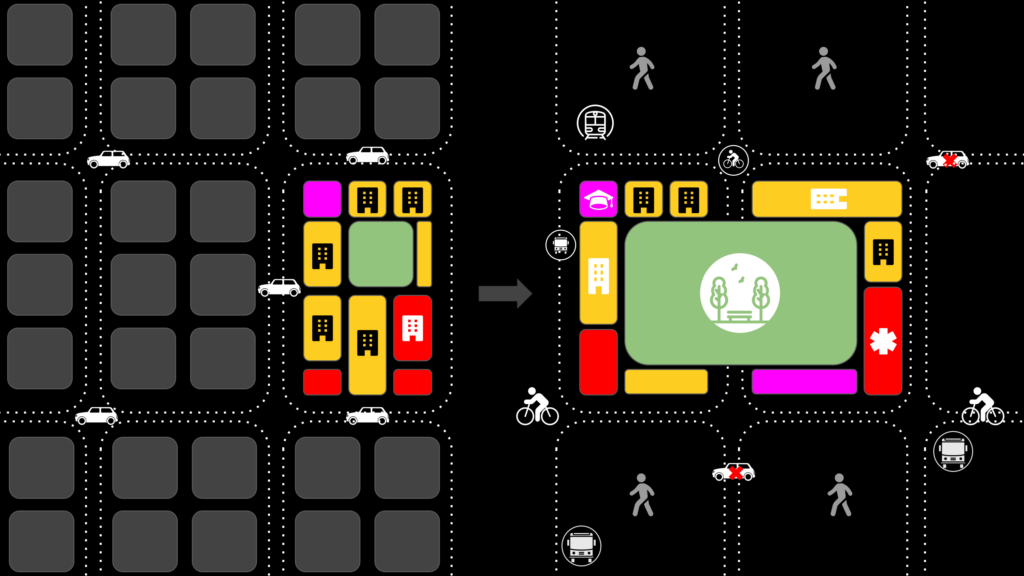How can machine learning-based tools support the application of rule-based urban consolidation to promote a public-oriented city in Taipei, Taiwan?
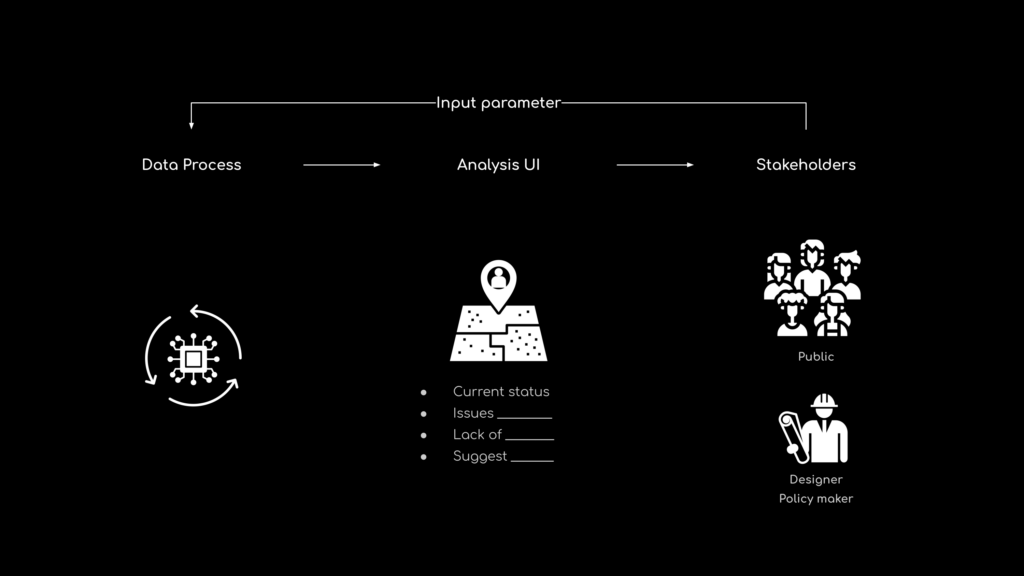
This project aimed to provide a computational consensus that collect urban essential data, and using machine learning to generate out put that are easy to read and access for stakeholders to comprehand.
Taipei, Taiwan is one of the rapid growth modern city that suffers the same problems such as low quality buildings, unorganized layout, severe traffic issues and lack of proper open area.
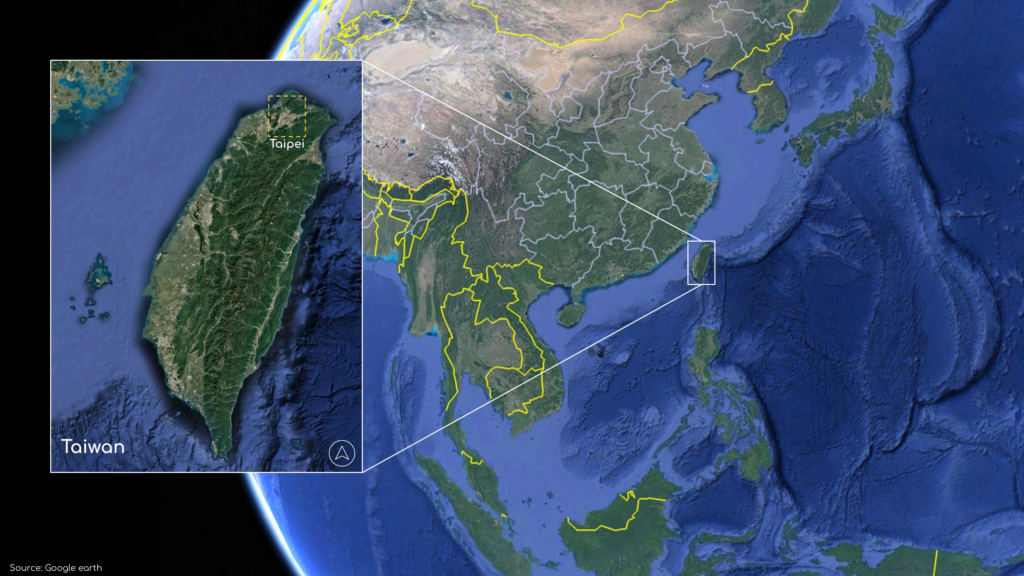
Through out the history of Taiwan, due to multiple reign from various foreign powers, the cities in these island are forced to rapidly grow without proper planning, causing the citizens to reside in various “well established” slums environments.
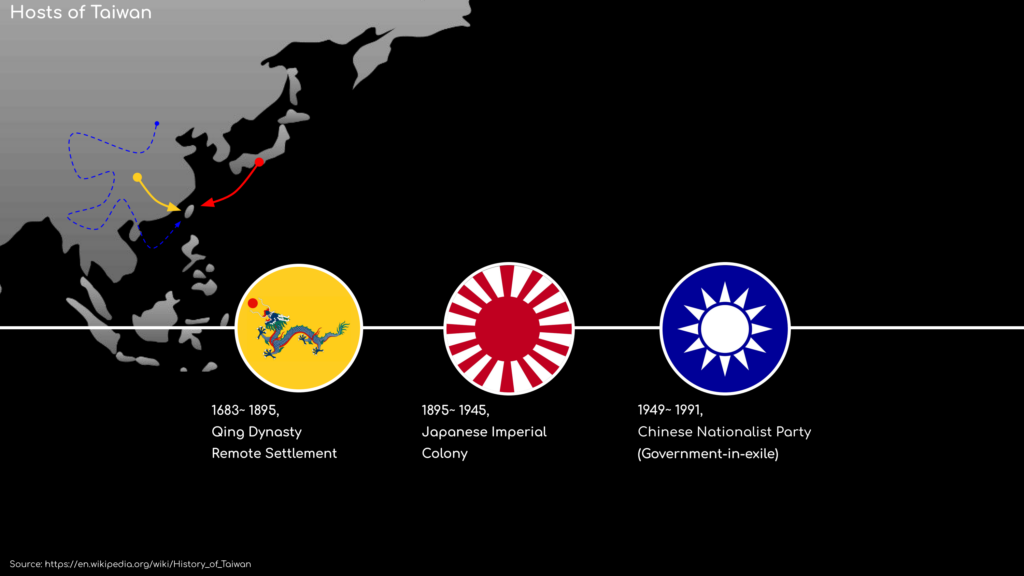
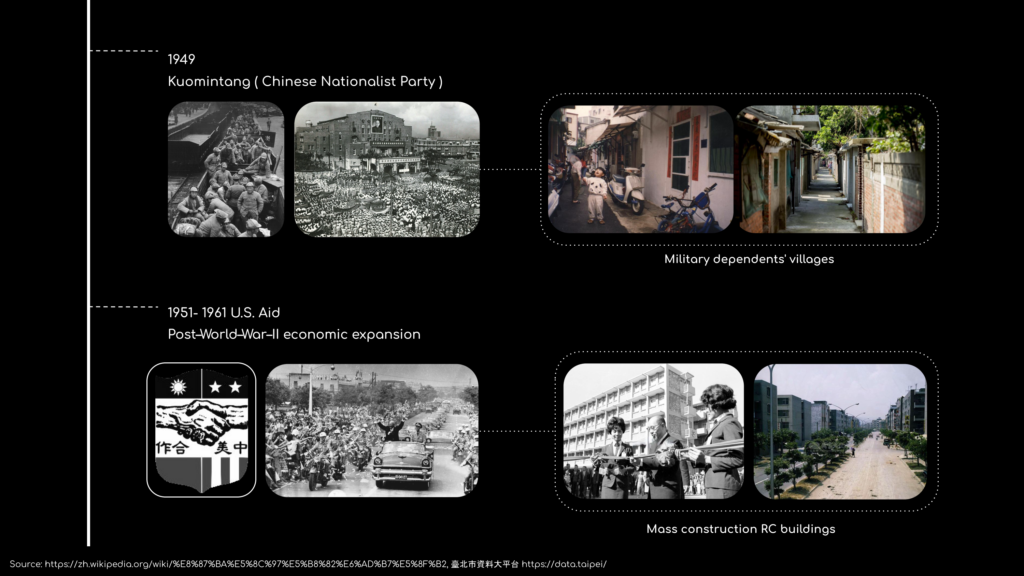
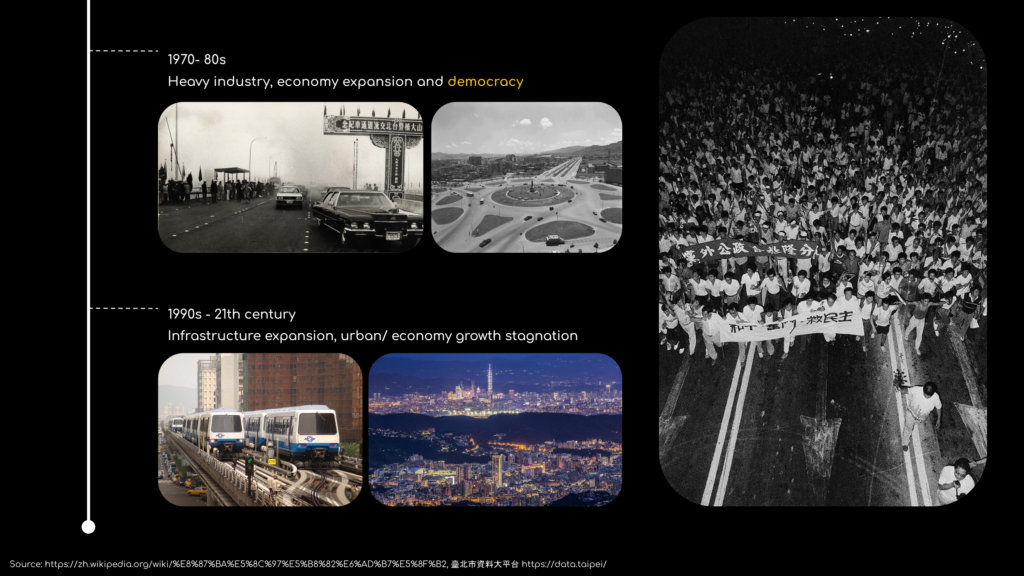
In the case of Taipei, as the capital and both financial and political center of Taiwan, every major infrastructures and modern urban planning methods were first implemented in this basin city. However, not all approaches came fruitions, as some of the inappropriate designs and policies further causing city’s stagnated regeneration cycle.
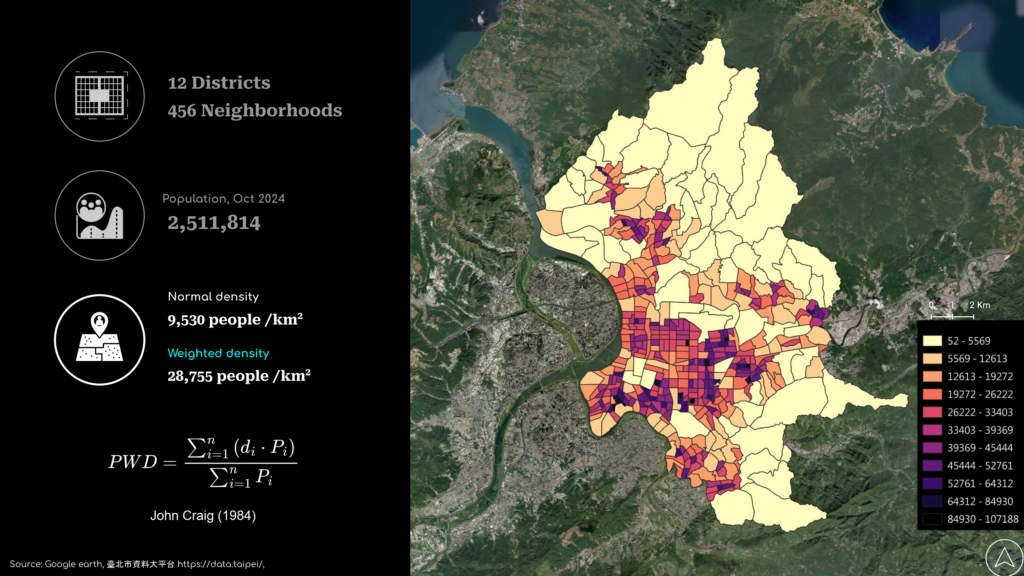
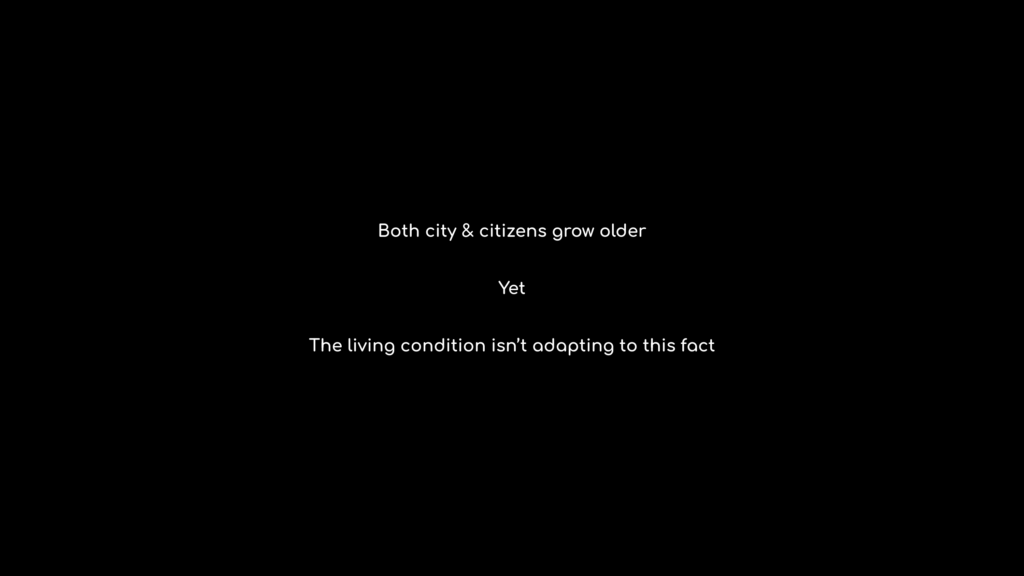
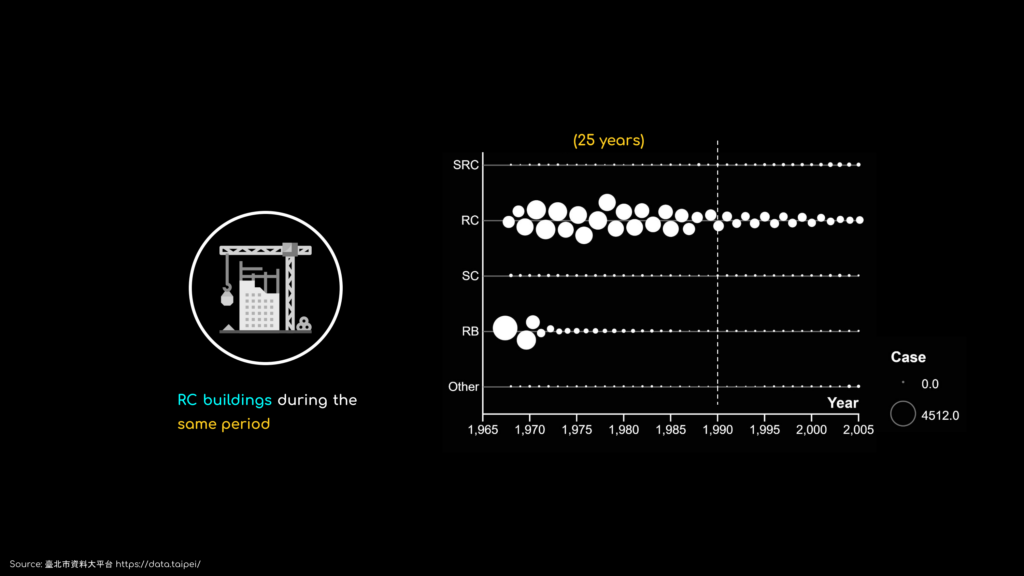
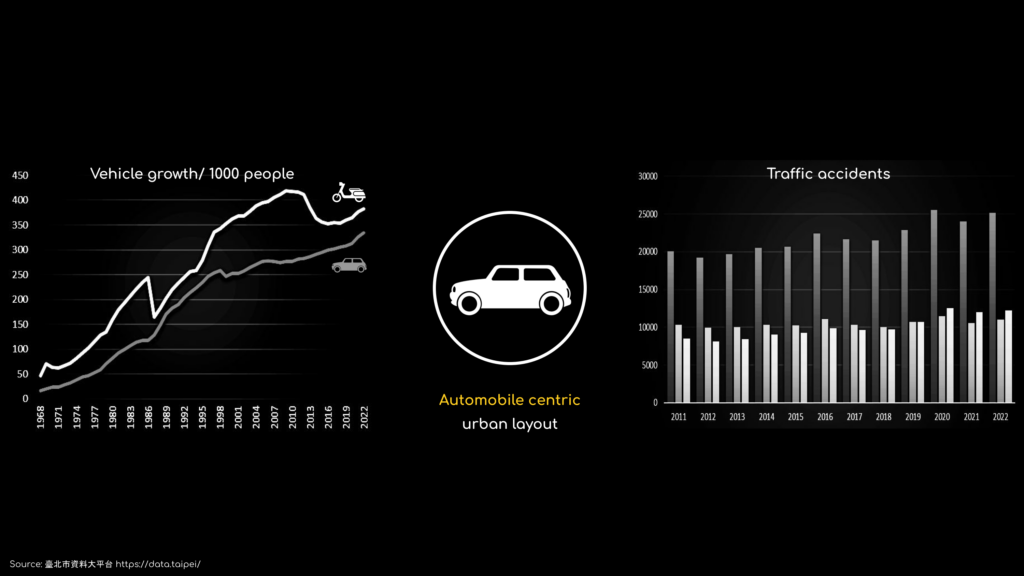
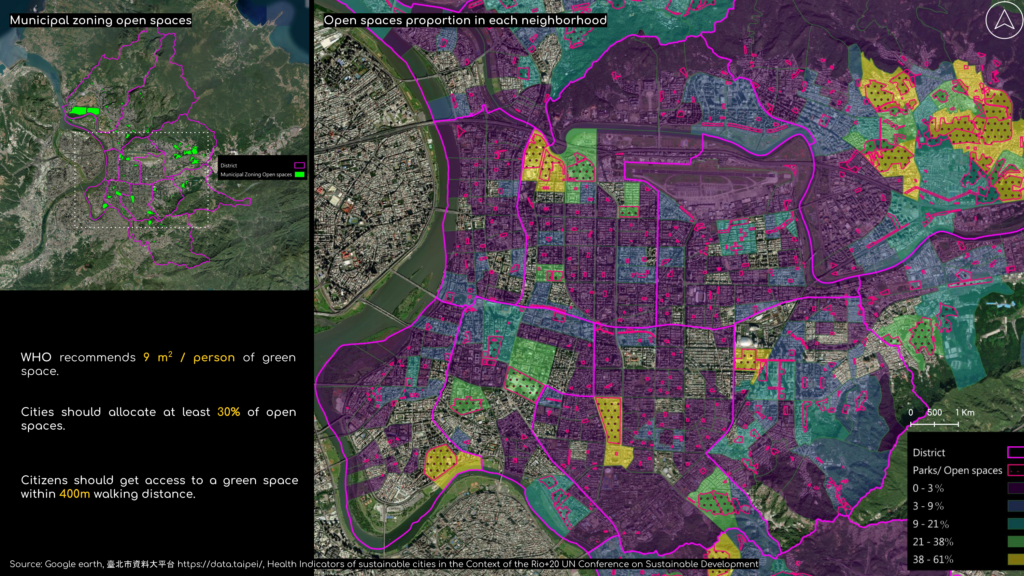
To address these problems are rather challenging, as different stake holders make consist bipolar opinions of how the city should be build. By using machine learning, we could assume that the optimized predictions can address people’s discord by demonstrate the proper data sets and visual problematic mapping.
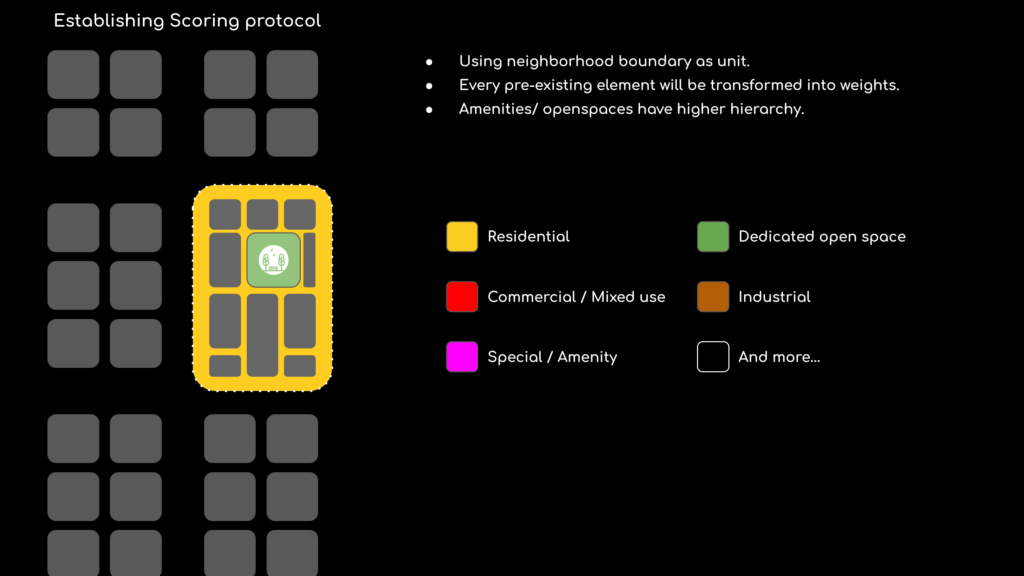
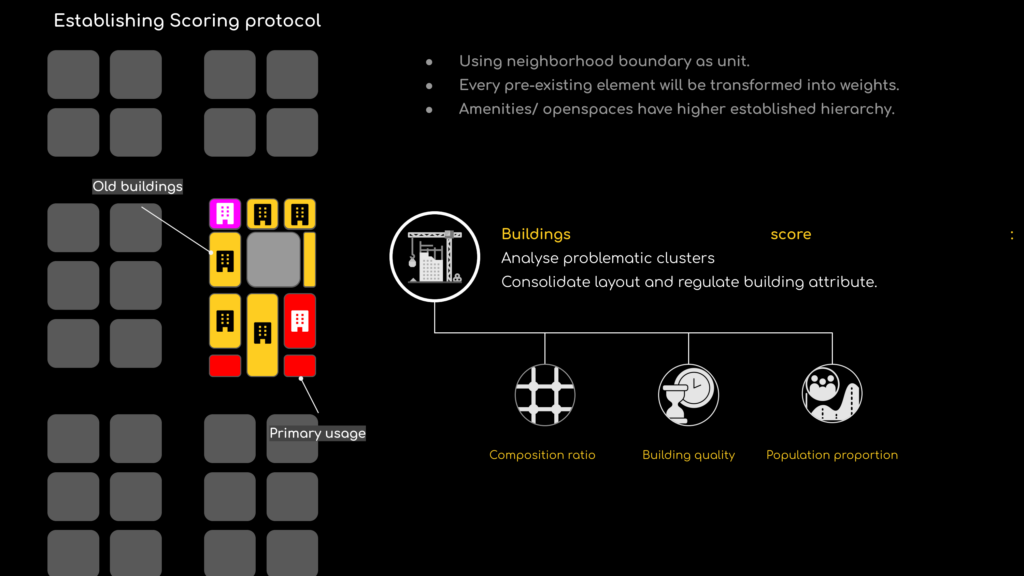
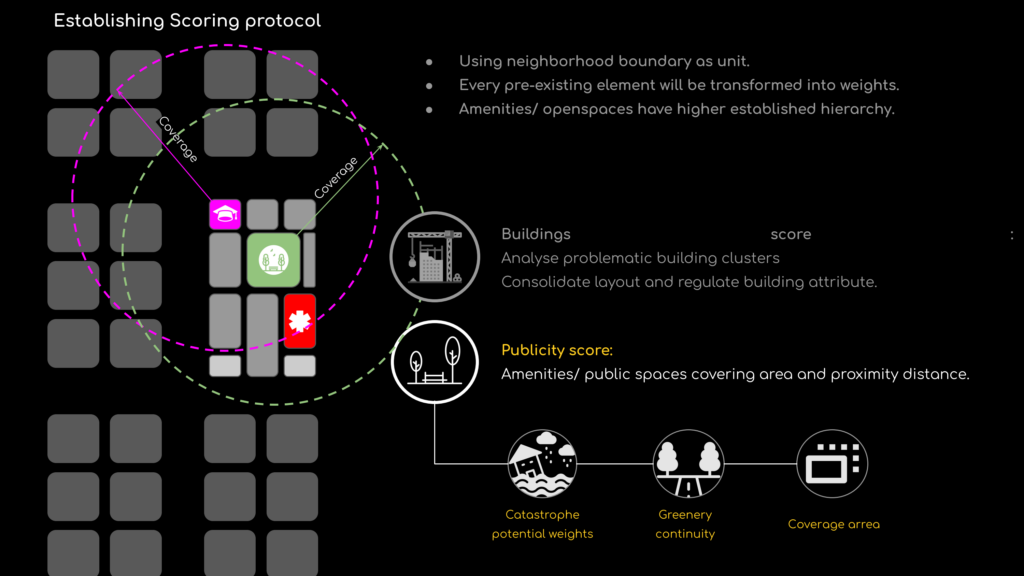
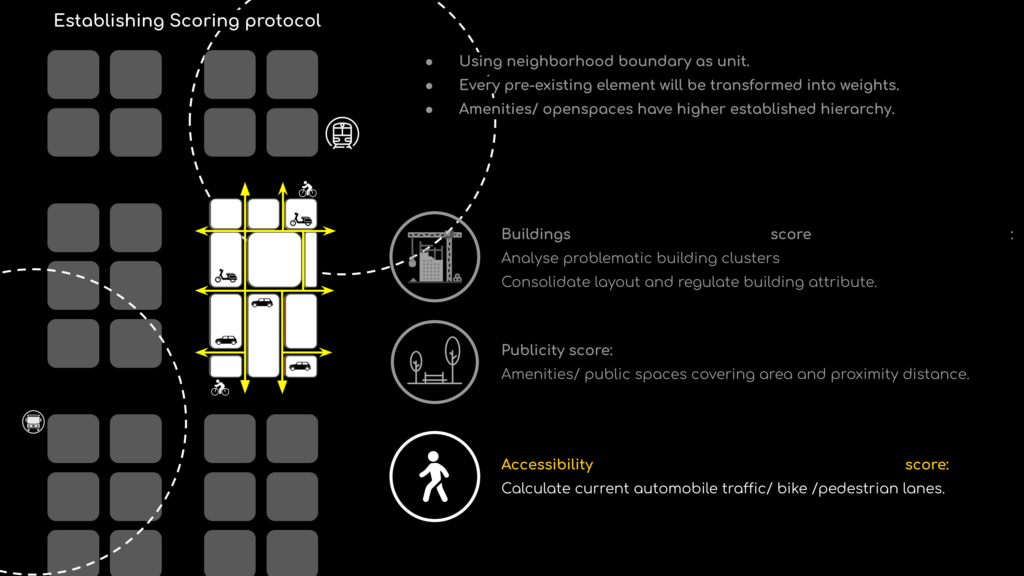
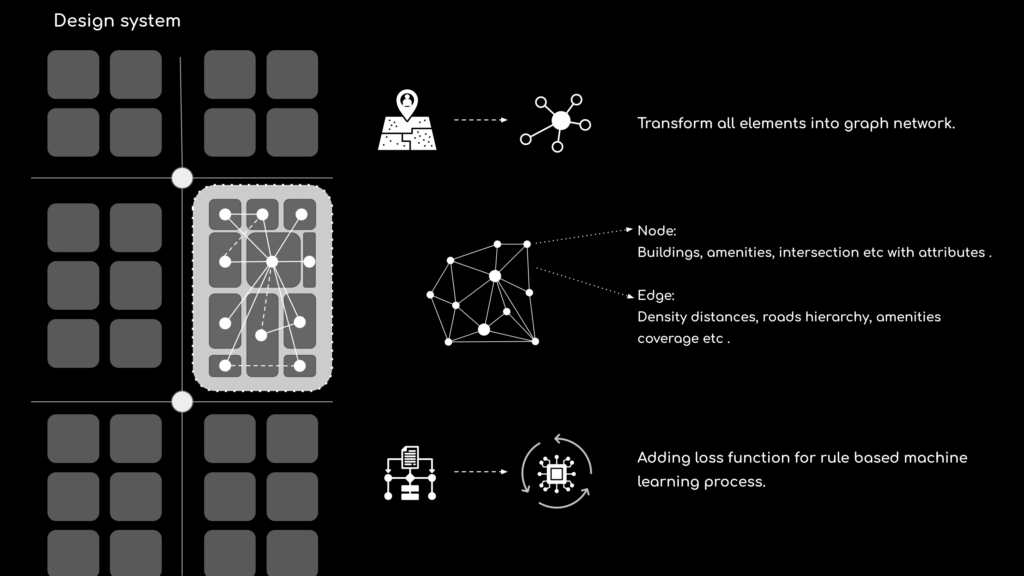
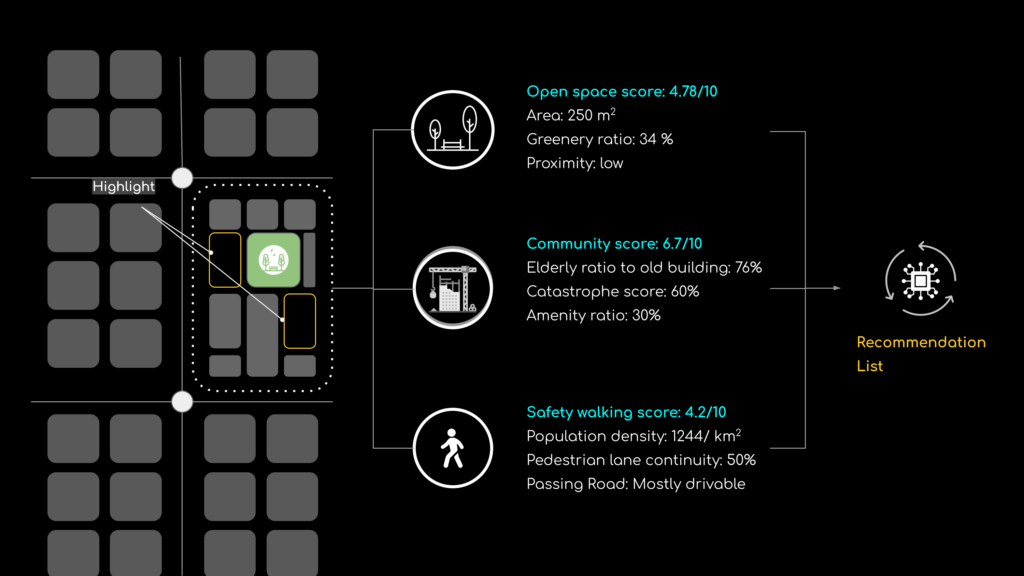
By having a recommendation system that list out every aspects of city quality may assist denizens to understand their living condition, and for policy maker to compare their pre existing master’s plan to further address adjustment.
